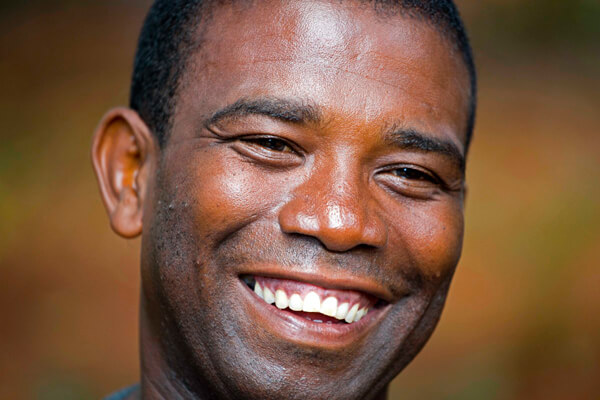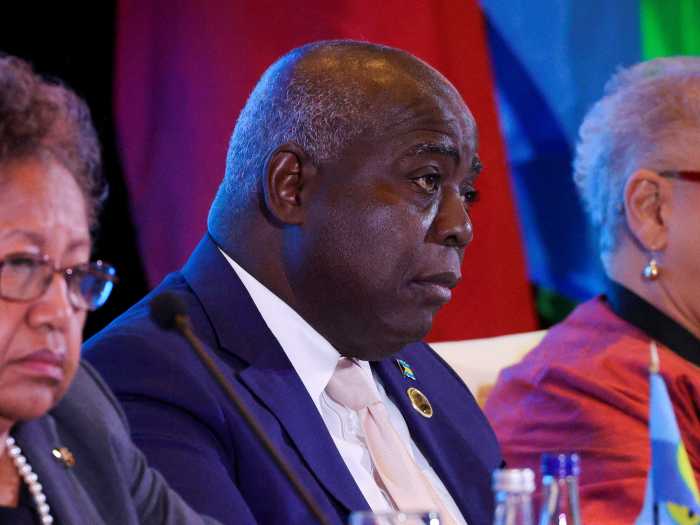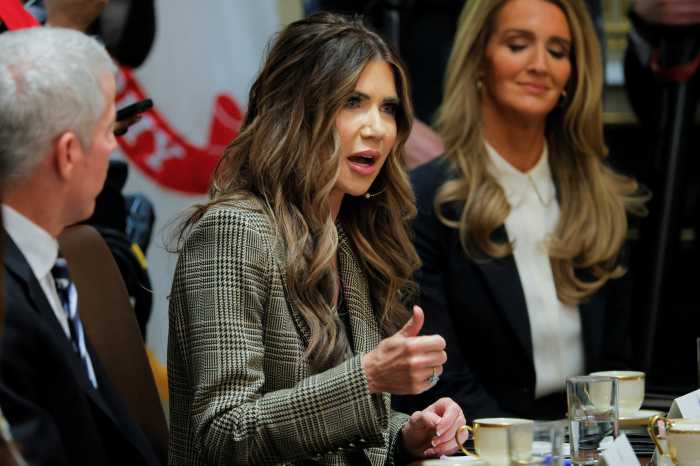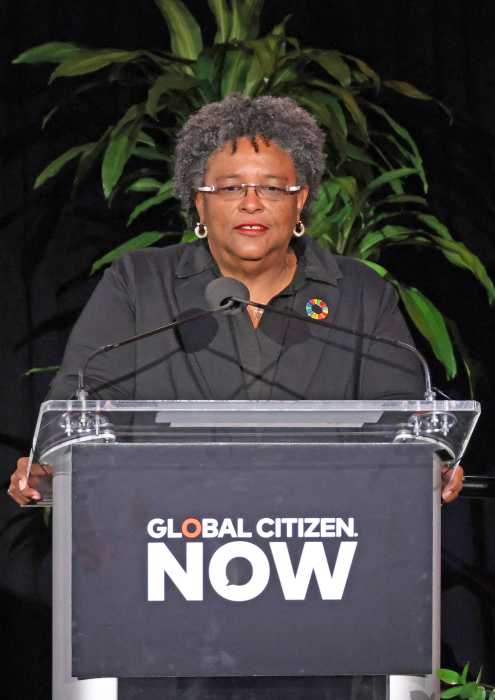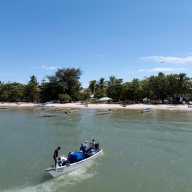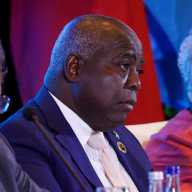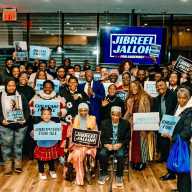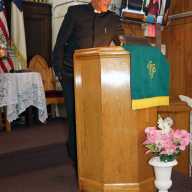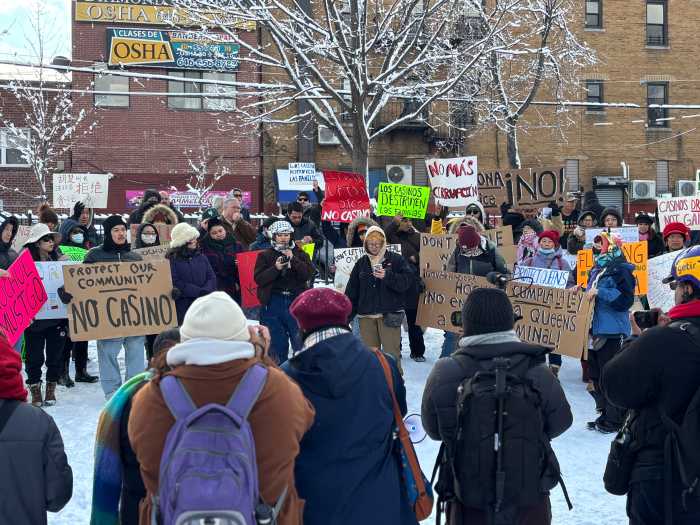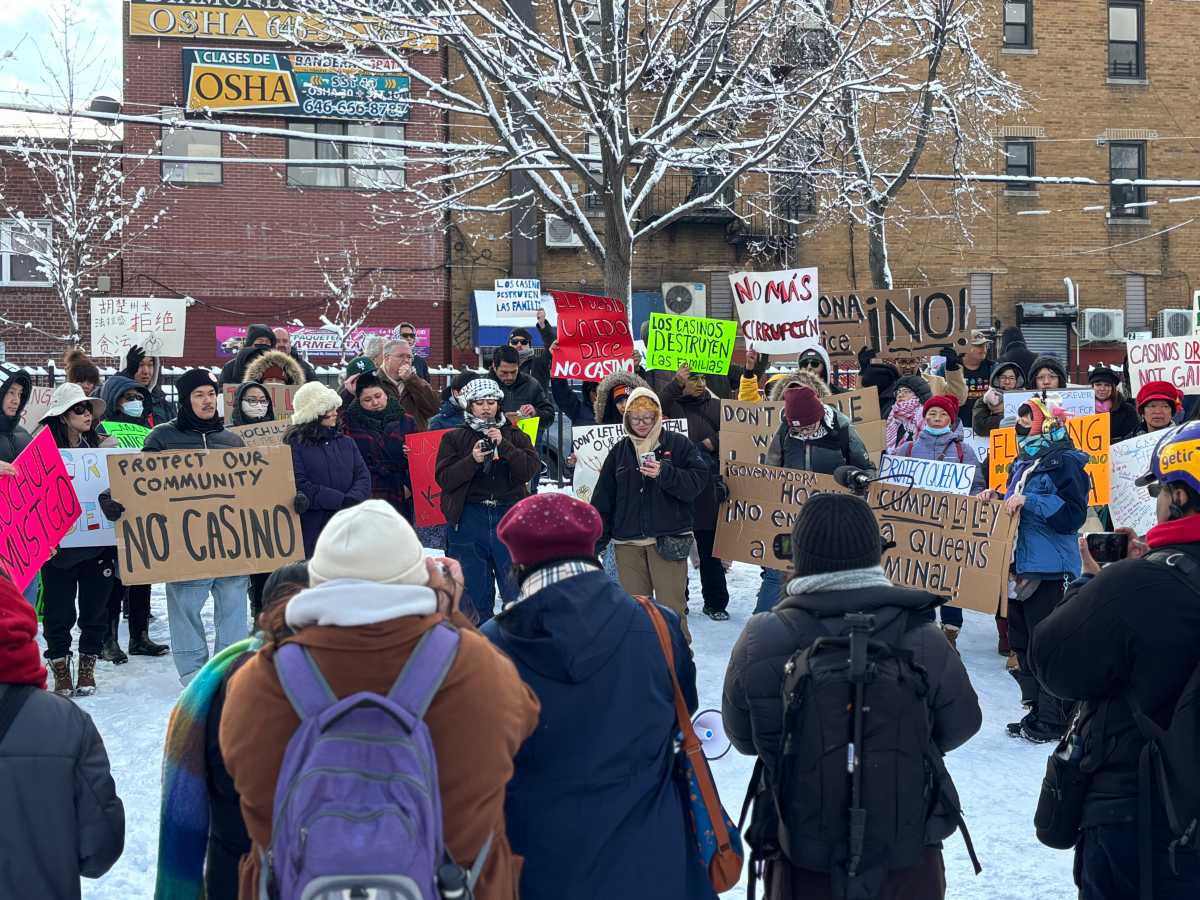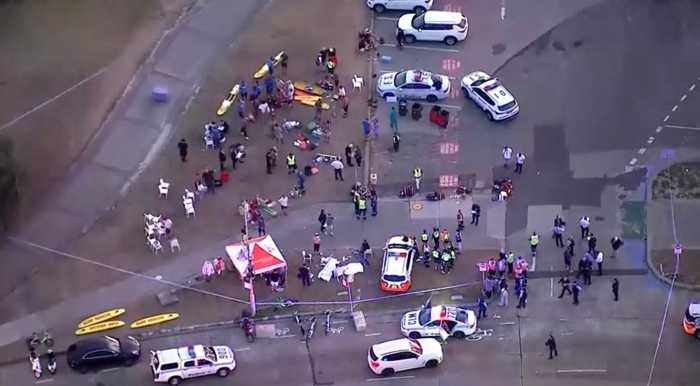AP Legal Affairs Writer
MIAMI (AP) _ Just before he was set to become an official Haitian senator, a paramilitary leader who once led a violent rebellion was arrested on decade-old U.S. drug charges and brought before a federal judge in Miami who ordered him held without bail.
Guy Philippe, 48, was a key figure in the 2004 ouster of then-President Jean-Bertrand Aristide and later ran for president himself. He was indicted in 2005 on U.S. cocaine trafficking charges but managed to elude capture, including unsuccessful raids involving Drug Enforcement Administration agents and helicopters on his remote residence.
Despite the outstanding U.S. charges, Philippe gave media interviews and last year won a seat in Haiti’s Senate. With his official swearing-in upcoming, Philippe appeared Thursday in Haiti’s capital Port-au-Prince for a live radio interview _ where Haitian police arrested him and he was quickly flown to Miami.
At his initial appearance Friday, a federal magistrate judge ordered Philippe held without bail and set another hearing next week to determine if he has a permanent lawyer. His temporary attorney, Richard Dansoh, said he needs time to travel to Haiti to obtain documents and other materials.
Philippe could claim his extradition to the U.S. is illegitimate because he has immunity as an elected member of Haiti’s Parliament, Dansoh said.
I think I would be foolish if I didn’t explore that option,’’ he told reporters. We have to defend this case.’’
Philippe, dressed in a standard tan prison jumpsuit and chained at the waist and ankles, spoke briefly at the hearing, telling the judge he would follow whatever my attorney tells me to do.’’
A three-count indictment unsealed Friday charges Philippe with cocaine trafficking conspiracy, money laundering and money laundering conspiracy from 1997 through 2003. Few details were provided, although the indictment cites one $112,000 check routed through financial institutions that included money from drug trafficking.
Philippe has long maintained his innocence and blamed the accusations on political enemies. He is likely to enter a formal plea to the charges next Friday.
U.S. authorities have previously prosecuted numerous former Haitian officials on drug charges, some of whom may be witnesses in the Philippe case.
Before the 2004 uprising, Philippe had been a police chief in the city of Cap-Haitien. Accused of plotting a coup, Philippe fled to the Dominican Republic and then returned to help lead the ultimately successful rebellion.
Philippe has lived in recent years in a remote, mountainous part of southern Haiti where his extensive family and business connections appeared to protect him from authorities.
About 200 protesters took to the streets Thursday in the southern town of Jeremie to call for Philippe’s release. Other pro-Philippe demonstrators gathered outside a heavily guarded police station where he was taken shortly after his arrest.
There were reports of protests Friday as well. A Haitian police spokesman in the southern Haitian department of Grand d’Anse said that a crowd forced its way into a police station and burned a police vehicle. A U.S. missionary, Casey Lumpkin, said in a Facebook video post that an orphanage where he works in Jeremie was looted by a large mob apparently angered by Philippe’s arrest.
They’re mad at Americans and they are trying to make all Americans get out of Jeremie and Grand d’Anse,’’ he said from the roof of the orphanage as protesters could be heard below.
The U.S. Embassy issued a statement recommending that American citizens in the southern peninsula shelter in place and consider leaving the area when the protests have died down.
Radio host Gary-Pierre Paul Charles told The Associated Press the police who arrested Philippe were members of the Haitian anti-drug unit and fired shots into the air to disperse a crowd that had gathered.
It was shocking. People were running everywhere,’’ he told the AP.



